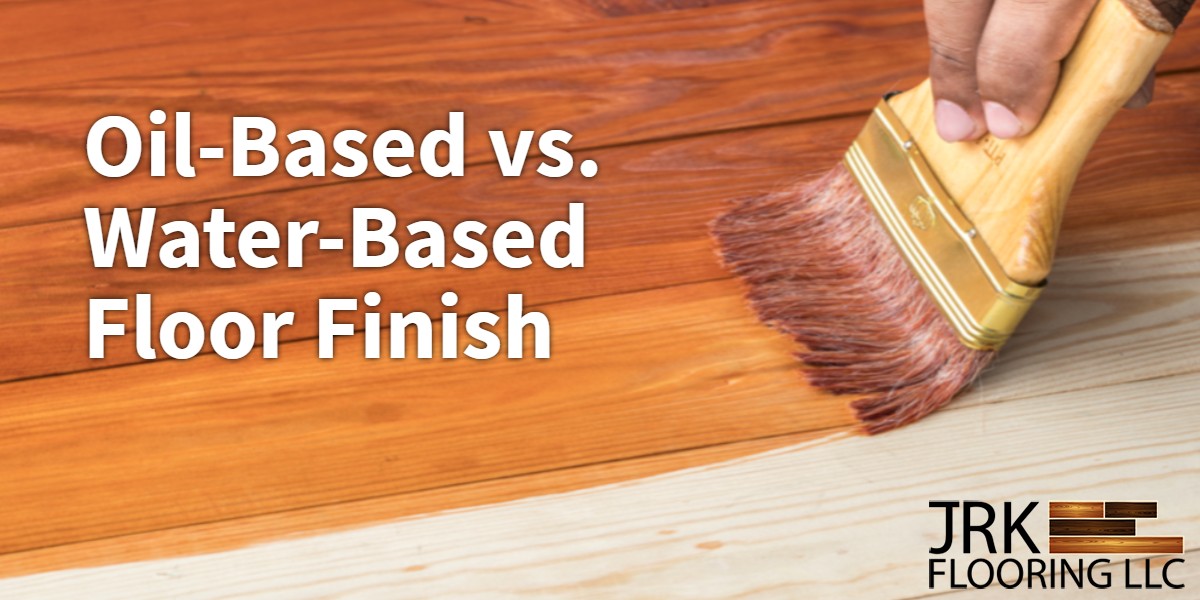Comparing different types of hair essences: oil vs. water-based – a battle of the botanicals! This isn’t just about choosing between slick and smooth; it’s a quest for the perfect potion to tame your mane. We’ll delve into the delightful differences between oil-based and water-based hair essences, exploring their unique ingredients, benefits, and potential drawbacks. Get ready to unlock the secrets to luscious locks!
From the silky smoothness of argan oil to the refreshing lightness of aloe vera, the world of hair essences offers a diverse range of options. Understanding the distinctions between oil and water-based formulas is key to selecting the perfect product for your hair type and concerns. We’ll examine how each type interacts with your hair, offering insights into texture, absorption, long-term effects, and application techniques.
Prepare for a hair-raisingly good time!
Hair Essence Showdown: Oil vs. Water-Based
The quest for luscious locks often leads us down the aisle of hair care products, and nestled amongst the shampoos and conditioners, we find hair essences – the unsung heroes of healthy, shiny hair. But with oil-based and water-based options vying for our attention, choosing the right one can feel like navigating a tangled mane itself. This article unravels the mysteries of these two types of hair essences, helping you find your perfect match.
Introduction to Hair Essences

Hair essences are lightweight serums designed to deliver concentrated doses of beneficial ingredients directly to your hair and scalp. They’re not your everyday conditioner; essences work on a deeper level, targeting specific hair concerns like dryness, damage, or lack of shine. Think of them as a targeted treatment for your tresses, offering a boost of hydration, nourishment, and overall hair health.
Oil-based essences tend to be richer and more moisturizing, while water-based essences are lighter and more easily absorbed, making each suitable for different hair types and needs.
Oil-Based Hair Essences
Oil-based hair essences typically contain a blend of nourishing oils, such as argan oil, coconut oil, jojoba oil, and macadamia nut oil. These oils are rich in fatty acids and vitamins that deeply moisturize and repair damaged hair. For dry, brittle, or damaged hair, oil-based essences are a godsend, offering intense hydration and smoothing frizz. However, those with fine or oily hair might find them too heavy, potentially weighing hair down or making it look greasy.
One potential drawback is that oil-based essences can sometimes leave a residue, requiring careful application and potentially a clarifying shampoo to prevent buildup. Overuse can also lead to clogged pores on the scalp.
| Essence Name | Key Ingredients | Benefits | Hair Type Suitability |
|---|---|---|---|
| Argan Oil Essence | Argan Oil, Vitamin E | Deep hydration, frizz control, shine enhancement | Dry, damaged, mature hair |
| Coconut Oil Essence | Coconut Oil, Shea Butter | Intense moisture, protein protection, scalp nourishment | Dry, damaged, color-treated hair |
| Macadamia Nut Oil Essence | Macadamia Nut Oil, Jojoba Oil | Lightweight moisture, shine, heat protection | Dry, damaged, fine hair (use sparingly) |
Water-Based Hair Essences
Water-based hair essences, on the other hand, utilize a water base infused with beneficial ingredients like hyaluronic acid, vitamins, and various extracts. They’re typically lighter in texture and absorb more quickly than their oil-based counterparts, making them a great choice for individuals with oily or fine hair. Water-based essences often focus on improving hair manageability, adding shine, and providing a more lightweight conditioning effect without the heaviness of oils.
A potential disadvantage is that water-based essences might not provide the same level of deep moisturizing power as oil-based options. They may also not be as effective for severely damaged or extremely dry hair.
- Hyaluronic Acid Essence: Ideal for hydration and shine, suitable for most hair types.
- Aloe Vera Essence: Soothes scalp irritation, promotes hair growth, good for sensitive scalps.
- Panthenol Essence: Improves hair elasticity and strength, beneficial for damaged hair.
- Green Tea Essence: Antioxidant-rich, promotes scalp health, good for oily or dandruff-prone hair.
- Vitamin B5 Essence: Adds shine, improves manageability, suitable for all hair types.
Comparing Oil vs. Water-Based Essences: Texture and Absorption, Comparing different types of hair essences: oil vs. water-based

Oil-based essences have a thicker, richer texture and absorb more slowly, leaving hair feeling noticeably softer and more conditioned. Water-based essences, conversely, are lightweight and watery, absorbing quickly without leaving a greasy residue. This difference in texture impacts the overall feel and appearance of the hair. Oil-based essences might be better suited for achieving a more polished, sleek look, while water-based essences are ideal for a natural, healthy shine.
Application methods differ accordingly. Oil-based essences often require smaller amounts applied to the ends of the hair to avoid weighing it down. Water-based essences can be distributed more liberally throughout the hair, focusing on areas needing extra hydration or manageability.
Comparing Oil vs. Water-Based Essences: Long-Term Effects
With consistent use, oil-based essences can lead to significantly improved hair hydration, reduced breakage, and increased shine over time. However, overuse can lead to product buildup. Water-based essences, when used regularly, promote healthy hair growth, improved manageability, and enhanced shine without the potential for excessive buildup. The choice of essence influences hair growth and overall condition by addressing specific needs; oil-based for intense repair, water-based for lightweight hydration and manageability.
Choosing the Right Hair Essence
Selecting the right hair essence depends on your hair type, concerns, and lifestyle. Fine or oily hair might benefit from water-based options, while dry or damaged hair might thrive with oil-based essences. Climate also plays a role; those in humid climates might prefer lighter water-based essences, while drier climates may call for richer oil-based formulas.
Consider factors such as your hair’s porosity (how well it absorbs moisture) and your scalp’s condition. A simple assessment of your hair’s needs and environmental factors will guide you to the best choice.
Illustrative Examples of Hair Essence Application
Applying an oil-based essence involves using a small amount (about the size of a pea for shoulder-length hair), warming it between your palms, and then gently applying it to the mid-lengths and ends of your hair, avoiding the scalp. This prevents greasiness and ensures even distribution. The hair will appear visibly smoother, shinier, and more manageable after application, with a noticeable reduction in frizz and flyaways.
The effect is a more polished, luxurious look.
Water-based essences are typically applied more liberally, distributing a larger amount through the hair, from roots to ends. The hair will feel softer, more hydrated, and easier to style, with improved manageability and a natural shine. The visual difference is a healthier-looking, less weighed-down appearance.
Last Recap: Comparing Different Types Of Hair Essences: Oil Vs. Water-based
So, oil or water? The ultimate choice depends on your unique hair needs and preferences. While oil-based essences offer deep conditioning and shine, water-based options provide a lighter, less greasy feel. By understanding the nuances of each type, you can confidently select the perfect hair essence to achieve your hair goals. Remember, a little experimentation might be needed to find your holy grail – but the journey to healthy, happy hair is always worth it! Now go forth and conquer your tresses!
